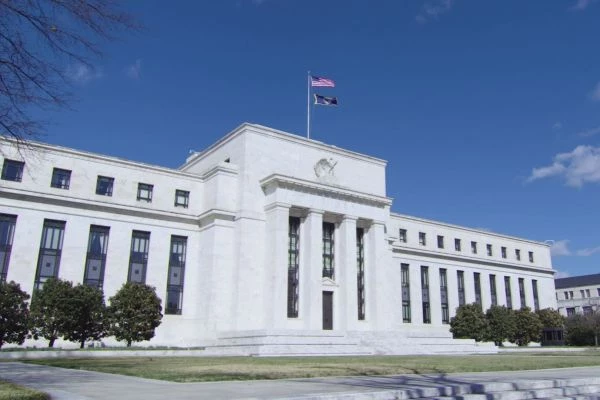
Partner Article
Islington Associates Zurich Switzerland: Have a Dollar Problem
Islington Associates wealth management Zurich Switzerland thanks “Simon Constable” of Wall Street Journal for reproducing the following article.
Emerging-markets stocks have been pummeled lately, and the strength of the dollar gets much of the blame.
“The dollar remains the single most important consideration for EM [emerging-markets] finances,” says a report from debt-ratings company Fitch. In general, a stronger dollar tends to mean lower stock prices in emerging markets.
Following a sustained period of weakness, the U.S. currency began to rally in late January, around the time U.S. Treasury Secretary Steven Mnuchin said the U.S. didn’t want a weak dollar. From Jan. 24, the day Mr. Mnuchin spoke, through May 31, the dollar has risen 5.3%, as measured by the trade-weighted dollar index of major currencies.
Over the same period, emerging-markets stocks and funds focused on them have fallen. For instance, Vanguard FTSE Emerging Markets (VWO) exchange-traded fund, which holds a basket of emerging-markets stocks, is down more than 11%.
What is behind the negative correlation between a strong dollar and emerging-markets stocks?
For starters, when the dollar rises, everything that gets priced in other currencies becomes cheaper, including foreign stocks such as those in emerging markets. But that is only part of the story.
Borrowing factor
Many emerging-markets countries borrow in U.S. dollars despite having their own currency for domestic use. “Borrowing in foreign currency on a meaningful scale is almost entirely an EM phenomenon, spurred by the underdevelopment of local capital markets,” according to Fitch.
While borrowing that way can be a satisfactory arrangement when exchange rates don’t move, it can present problems at other times.
“If the dollar’s value increases, then the debt service will increase,” says David Ader, chief macro strategist at financial firm Informa Financial Intelligence in Westport, Conn. Put another way, Turkey’s bill to pay the interest on the dollar debt will cost more in terms of Turkish lira when the dollar strengthens. That, in turn, can worsen the country’s finances and lead to a deteriorating credit rating, further raising borrowing costs.
On a related note, when an emerging market’s currency falls in value relative to the dollar, the cost of imports into that country rise. Rising import costs frequently increase a trade deficit (or reduce a trade surplus). And depending on the country, its currency may fall even more when the trade deficit widens.
Also, many emerging-markets economies rely on markets for energy, materials or foods for export earnings, says David Marcus, co-founder and chief investment officer of asset-management firm Evermore Global Advisors. Such countries include Brazil, Russia and Nigeria, all of which export energy.
Inverse relation
The price of all commodities is inversely correlated to the value of the dollar. So, when the dollar rises, there is a tendency for commodities prices to drop. At a minimum, a dollar surge can subdue commodity rallies.
“That creates lots of swings,” says Mr. Marcus, referring to how such economies boom or slump according to the vagaries of the commodity markets.
Finally, when the dollar rises in value, investors tend to keep their money in the U.S. or at least in U.S. dollar-denominated investments. “The strength of the dollar is a magnet and brings investors here,” Mr. Marcus says. That also means that capital tends to leave emerging markets, sending stocks tumbling as investors sell shares.
Mr. Constable is a writer in Scotland. He can be reached at reports@wsj.com.
This was posted in Bdaily's Members' News section by Krystal Kim .






 A legacy in stone and spirit
A legacy in stone and spirit
 Shaping the future: Your guide to planning reforms
Shaping the future: Your guide to planning reforms
 The future direction of expert witness services
The future direction of expert witness services
 Getting people into gear for a workplace return
Getting people into gear for a workplace return
 What to expect in the Spring Statement
What to expect in the Spring Statement
 Sunderland leading way in UK office supply market
Sunderland leading way in UK office supply market
 Key construction developments in 2025
Key construction developments in 2025
 Mediation must be part of planning process
Mediation must be part of planning process
 From apprentice to chief financial officer
From apprentice to chief financial officer
 Don't stifle growth with apprenticeship cuts
Don't stifle growth with apprenticeship cuts
 The start-up landscape: What lies ahead in 2025
The start-up landscape: What lies ahead in 2025
 JATCO adds welcome drive to automotive sector
JATCO adds welcome drive to automotive sector